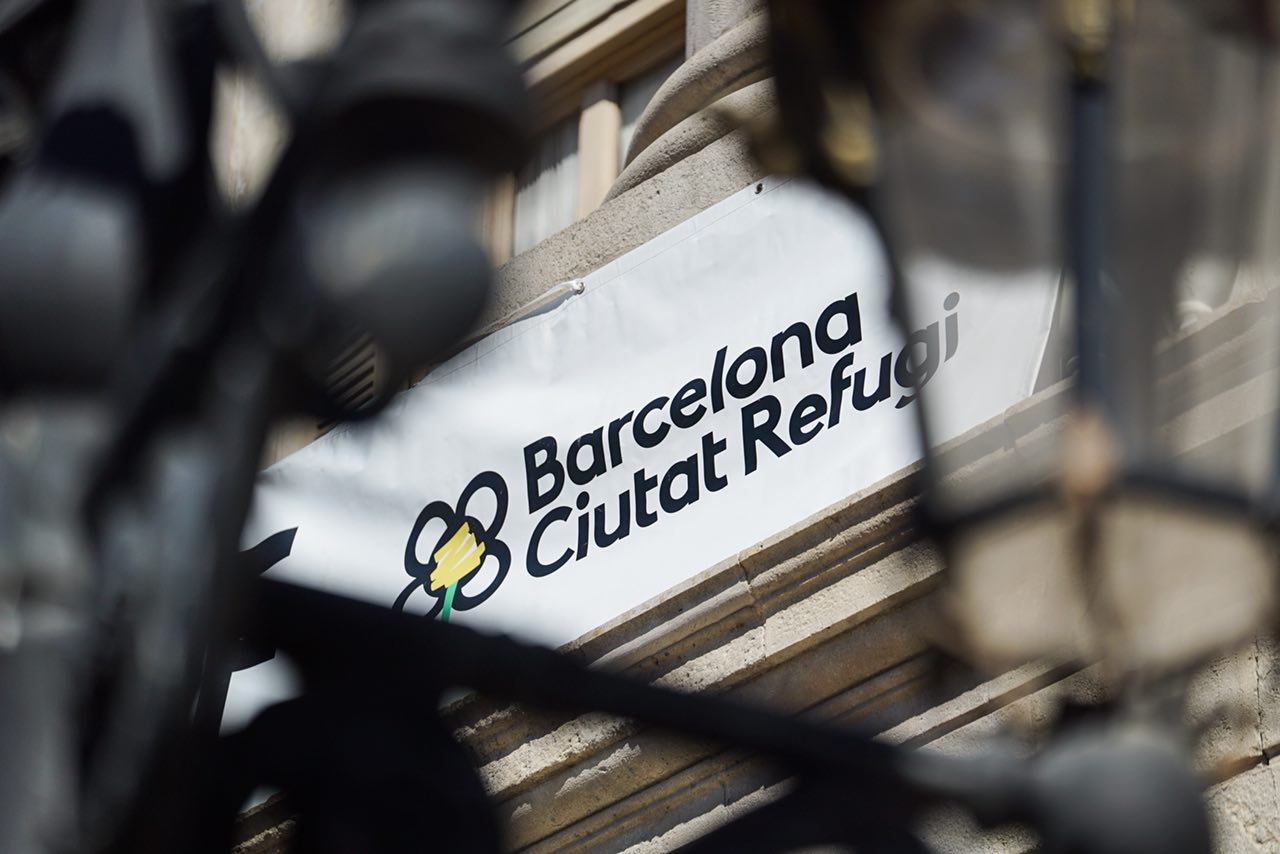 Over the next two weeks, our students will take part in our local socio-spatial workshop, which this year will work once again with Barcelona’s Ciutat Refugi, a municipal program that handles the reception, accommodation and care of asylum seekers to generate proposals for temporary reception centers in publicly owned plots in the city.
Over the next two weeks, our students will take part in our local socio-spatial workshop, which this year will work once again with Barcelona’s Ciutat Refugi, a municipal program that handles the reception, accommodation and care of asylum seekers to generate proposals for temporary reception centers in publicly owned plots in the city.
A first step at refugee integration
With an unprecedented number of people displaced worldwide, and particularly with the influx of refugees fleeing war, violence or natural disasters, the issue of preparedness of host countries as well as the integration of newcomers into societies is a core issue for all European cities. In addition to emergency response, developing an integrated development plan is crucial to achieving a resilient integration process. Considering that out of 65 million displaced people in the world, 60% will be going to cities, the real challenge lies in developing strategies adapted to urban contexts and that do not threaten the well-functioning of the host cities themselves.
Despite the refusal of the Spanish government to host refugees, there are over 2,000 refugees from 88 different nationalities today in the city of Barcelona, a number that increased by about 67% from 2012 to 2016. As a self-proclaimed ‘Refugee City’ since 2015, Barcelona has developed a special reception and integration plan to offer support to refugees and avoid marginalization and ghetto effects. As part of their strategy of lodging and integration, Ciutat Refugi wants to study the implementation of “temporary reception centers” in diverse empty parcels in the city of Barcelona with access to services and mixed uses so that refugees may connect to the neighborhood and create an identity within this new urban place.
Objectives of the workshop
During the first week, our master students will join about 40 more students from the Mundus Urbano consortium* in a joint workshop, after which our group will continue the work during the next week. The final proposals will strive to enhance a sustainable integration of the refugees in the neighborhood, going beyond the building itself to avoid its ghettoization by linking it to the existing urban fabric as well as to the needs and activities of all stakeholders, including the local community, asylum seekers, refugees, migrants and homeless.
__
*Hosted this year at our UIC Barcelona campus, the yearly consortium workshop brings together students from the four universities of the Mundus Urbano consortium–Technische Universität Darmstadt (Germany), Université Pierre Mendès Grenoble (France), Universitá Tor Vergata Rome (Italy), and Universitat Internacional de Catalunya (Barcelona).

